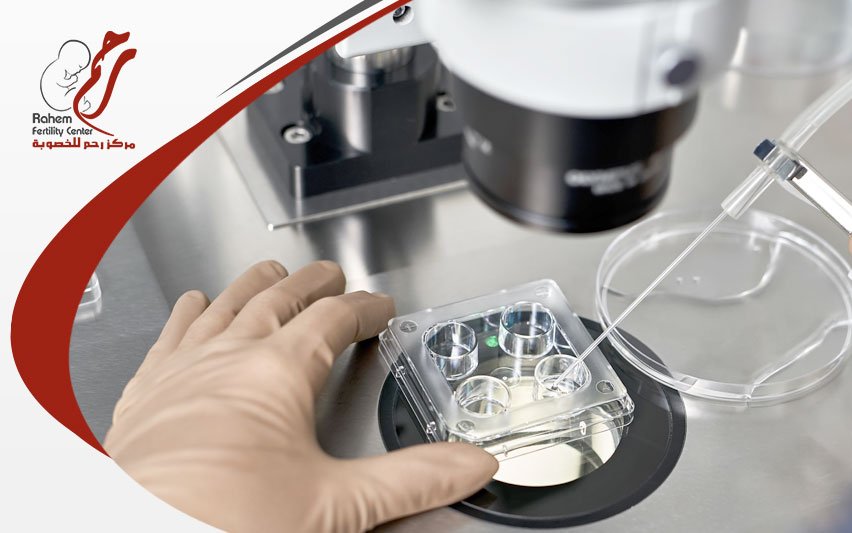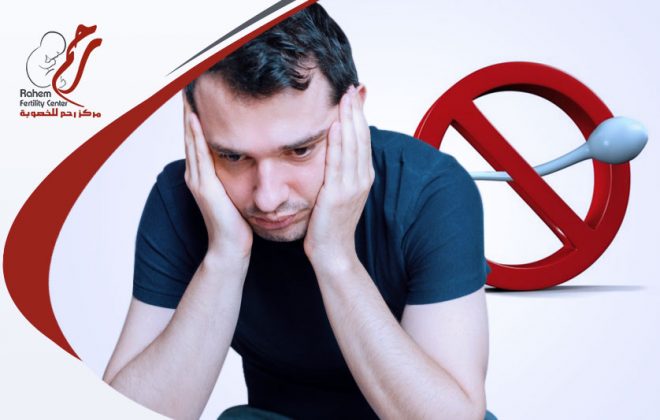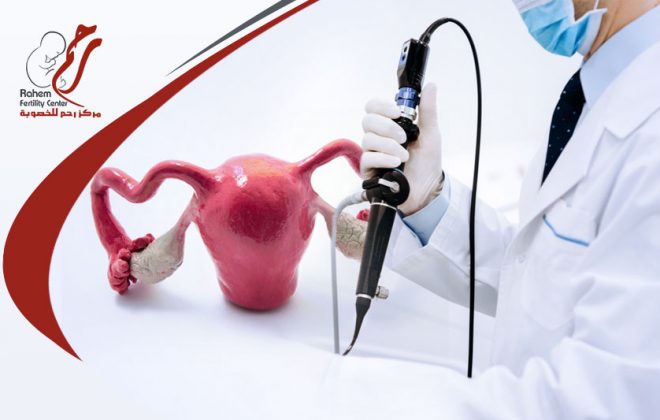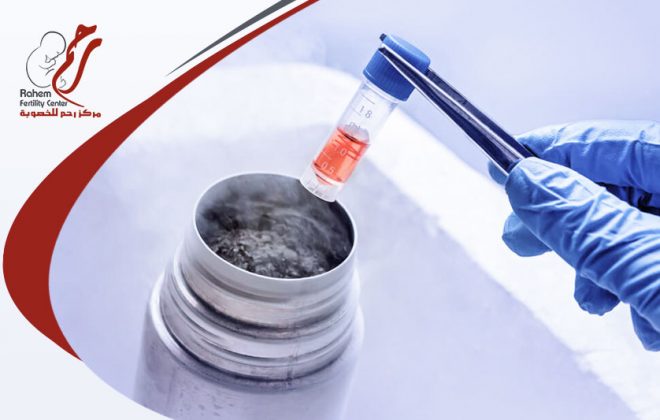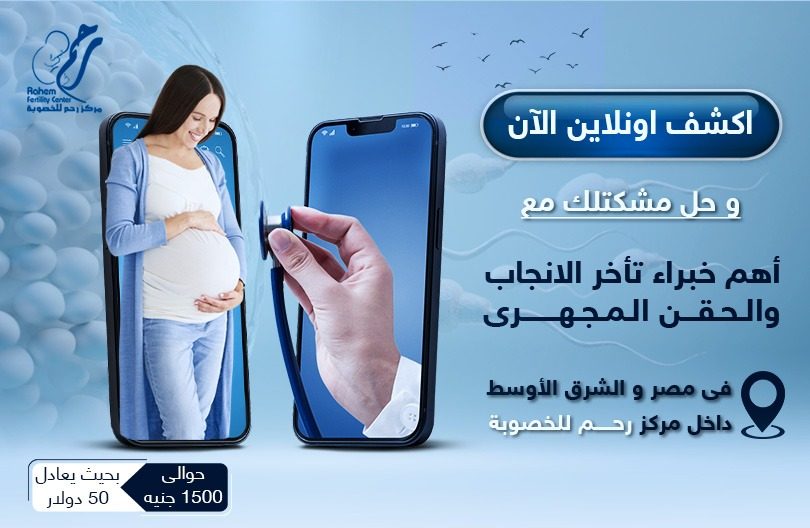Intra uterine insemination
In general, Intra uterine Insemination (IUI ) involves placing sperm directly in the female reproductive tract of an infertile patient whose ovaries may or may not be stimulated with hormones.
Intra-Uterine Insemination (IUI) and ovarian stimulation with exogenous hormones is the alternative with the highest probability of pregnancy. The form of AI will be influenced by the effective sperm count, ovarian stimulation and deposition of sperm in the female reproductive tract.
In Rahem Fertility Center, we give a brief but general explanation of the different modalities associated with Artificial Insemination (AI), the clinical significance and the probability of pregnancy. We have our special and effective protocol for controlled ovarian stimulation (COS) in AI cycles. The most important about COS is to be effective, cost effective and avoid complications especially ovarian hyper stimulation syndrome (OHSS)and multiple pregnancies. .
What is needed before AI?
Before AI is offered, it is important to determine the cause(s) of infertility and if the couple is a candidate for the procedure. A detailed medical history and physical examination should be conducted initially. The male partner will undergo one or two semen analyses. Some physicians may recommend a Post-coital Test but not much information can be gained from it. The Royal College of Obstetrics and Gynecology in 2004 reported that PCT is of no value (Grade A evidence). In Rahem Fertility Center, we do not do PCT any more.
Some patients may need a hysterosalpingogram, hysteroscopy or laparoscopy prior to insemination to determine the status of the fallopian tubes, absence of severe adhesions in the pelvic cavity and a reproductive tract free of problems interfering with conception and pregnancy. If your medical history and pelvic exam suggests previous pelvic inflammatory diseases, infections, tubal damage, or endometriosis you will need at least one of those procedures

